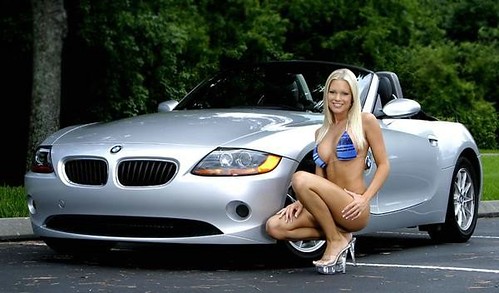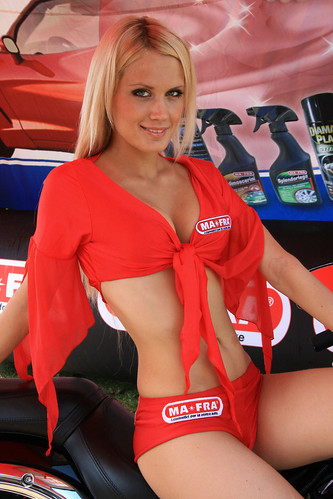History Of A Morris Minor MM Classic Cars The End Part
Early cars had a painted section in the centre of the bumpers to cover the widening of the production car from the prototypes. This widening of 4 inches (102 mm) is also visible in the creases in the bonnet. Exports to the United States began in 1949 with the headlamps removed from within the grille to be mounted higher on the wings to meet safety regulations. These became standard on all Minors for 1951. When production of the first series ended, just over a quarter of a million had been sold with a surprising 30% being the convertible Tourer model.
A tourer tested by the British magazine The Motor in 1950 had a top speed of 58.7 mph (94.5 km/h) and could accelerate from 0–50 mph (80 km/h) in 29.2 seconds. A fuel consumption of 42 miles per imperial gallon (6.7 L/100 km; 35 mpg-US) was recorded. The test car cost £382 including taxes.
A tourer tested by the British magazine The Motor in 1950 had a top speed of 58.7 mph (94.5 km/h) and could accelerate from 0–50 mph (80 km/h) in 29.2 seconds. A fuel consumption of 42 miles per imperial gallon (6.7 L/100 km; 35 mpg-US) was recorded. The test car cost £382 including taxes.

















